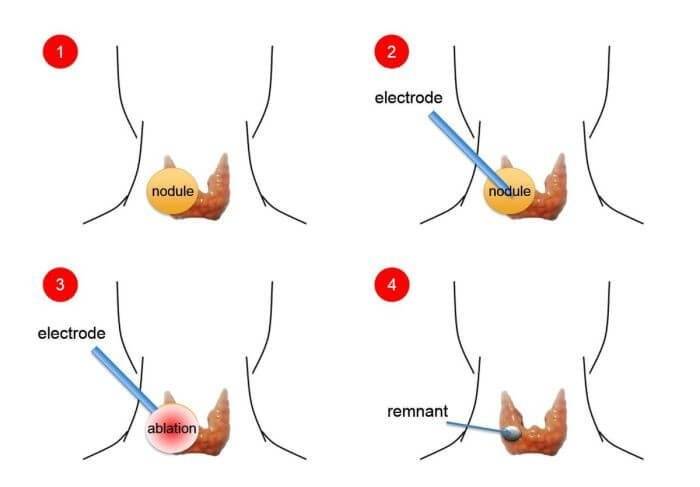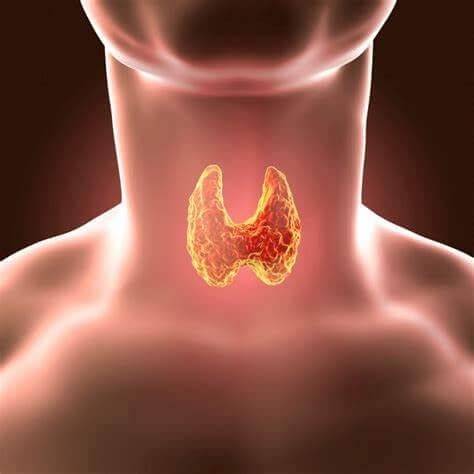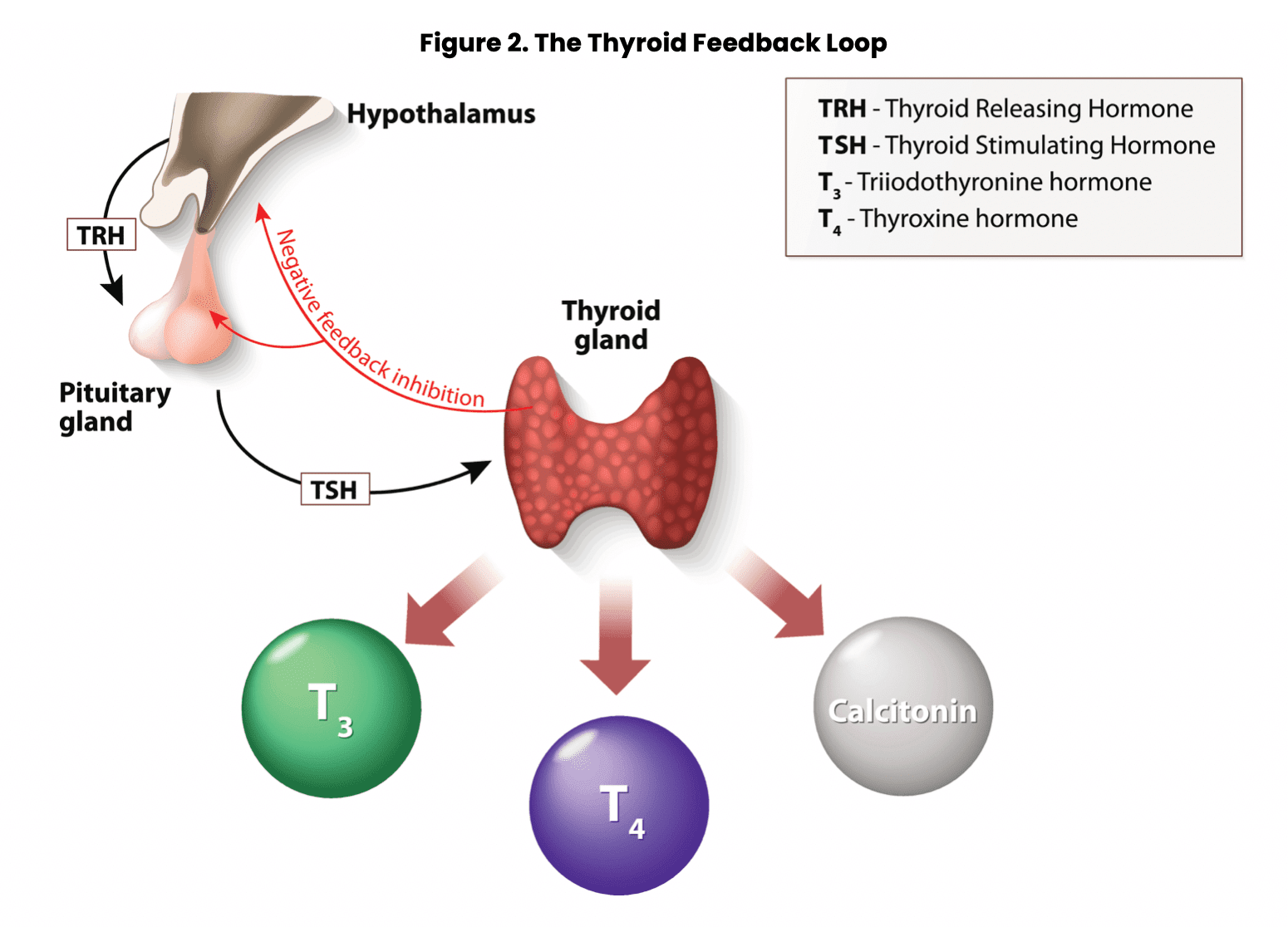Fibromyalgia Introduction Series by Lotus Spring Acupuncture & Wellness Inc.
Type 7: Low DHEA or HPA-Thyroid Dysregulation
Let’s look at the big picture. This pain is similar to that of people who go through chemotherapy. Take that and combined it with a loss of sex hormones, and add sleep deprivation and temperature fluctuations. Doesn’t sound pleasant huh? Many of us see the pain and experiences that are hyped from one who goes through the debilitating event of cancer. However, cancer is an illness that strives to spread and eventually cease the body’s functions to perform properly. Not trying to compare the pain of severity levels of cancer and fibromyalgia but, fibromyalgia type seven: Low DHEA’s or HPA-Thyroid Dysregulation. doesn’t create an expiration date for the person. It stays with them throughout their whole life, whether it’s long-lived or not.

Fibromyalgia type seven: Low DHEA’s or HPA-Thyroid Dysregulation is often associated with thyroid disorders: Thyroid Dysregulation, long-term adrenal response, and poor sleep. Thyroid dysfunction can occur in the presence of environmental toxins, an autoimmune attack, sex hormone imbalances, and nutrient deficiencies.
Thyroid Dysregulation causes The thyroid gland regulates metabolic rate, heart rate, body temperature, motility and digestion, contraction of muscles, replacement of old cells, and influences hormone levels and menstruation in women. The most common cause of this autoimmune condition is the instigating damage to the thyroid gland inhibiting its ability to make adequate thyroid hormone. Adrenal disorders or HPA axis dysfunction, Thyroid Dysregulation, can occur due to chronic stress, blood sugar dysregulation, infections, allergies, and sleep disorders.

And although we’re still waiting on an actual cure for cancer, people who have fibromyalgia type seven: Low DHEA’s or HPA-Thyroid Dysregulation don’t have to suffer anymore. Through herbal formulas, acupuncture, better sleep, good sleep hygiene by avoiding artificial light at night, these treatments can bless the lives of those who have this type of fibromyalgia.
The symptoms and key signs of this type of fibromyalgia include; lumbar pain, poor memory, hair loss, night sweats, Thyroid Dysregulation pain that is worse when standing for long periods of time, waking in the middle of the night, estrogen deficiency, night sweats and pain that seems to come from inside the bones, and is often seen when fibromyalgia occur at menopause.

If you are feeling and experiencing this type of excruciating bodily pain from fibromyalgia type seven, please give us a call to schedule your appointment right away! No one should have to live like this. Our acupuncturist Dan Clark has done wonders to be able to improve the health and wellness of many people who have fibromyalgia. His goal is to increase the quality of life in all his patients. If you are you know someone who needs help increasing their abilities through these methods, please don’t hesitate to refer them to our acupuncture and Chinese medicine treatments. Dan Clark has patients come from several outside states, just to see and experience and have the results that they want. Dan is welcoming and always looking to help more people.
For more information on how you or a loved one can set up a scheduled appointment please email us at schedule@lotusspringacupuncture.com and let us know how we can help. Make sure to also watch out for our next part of the fibromyalgia journey, and how we can help you find more resources and information on your chronic illness.

If you’re looking to receive effective treatment for ANY health condition, we recommend you start looking for a TCM practitioner in your area. If you’re within the state of Utah, don’t hesitate to reach out to Lotus Spring Acupuncture & Wellness to receive the best holistic healthcare and acupuncture treatments.
Dan Clark has years of highly specialized training and experience in the field of acupuncture in Utah. With being in business for over 15+ years, we’re the ones who can give you personalized treatment to help you attain your personal health goals.
